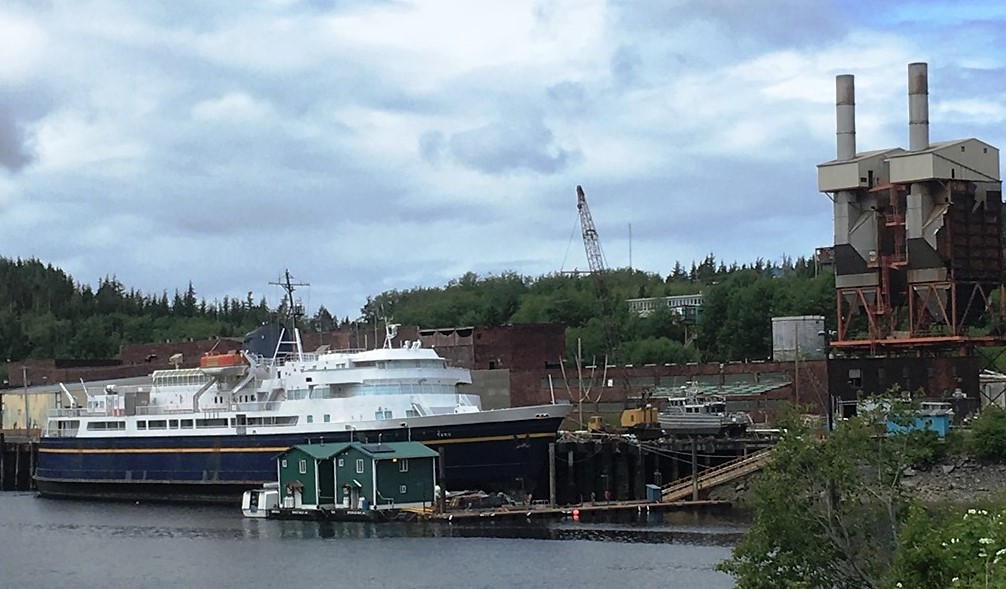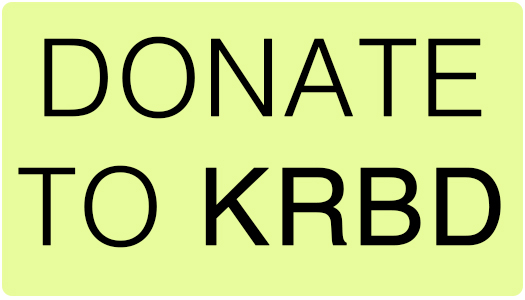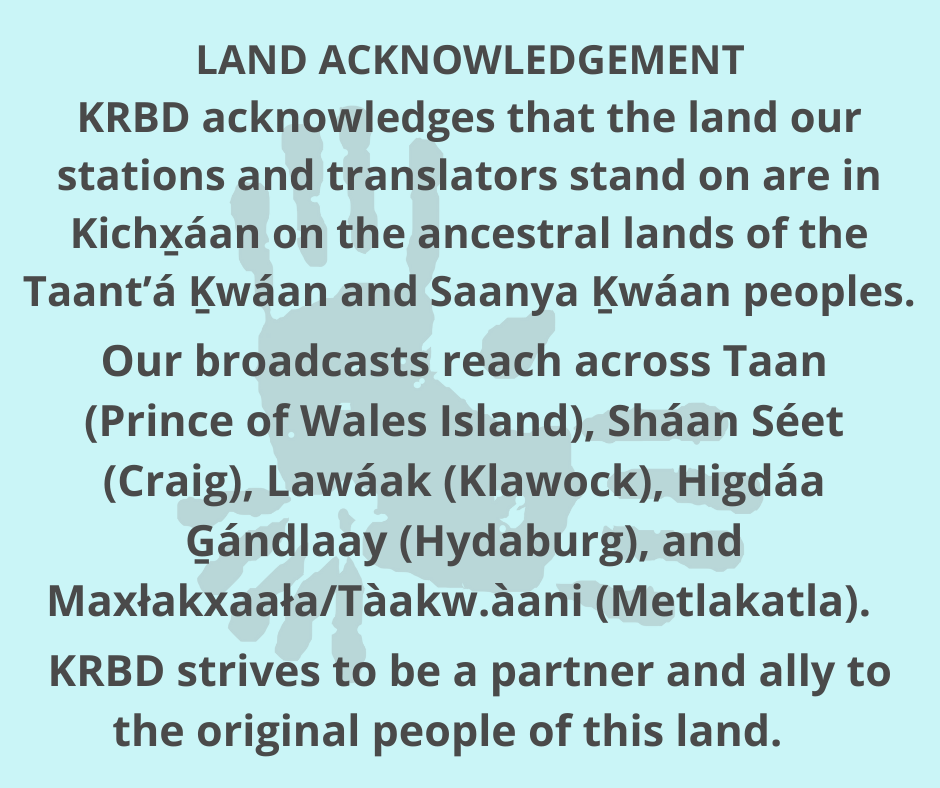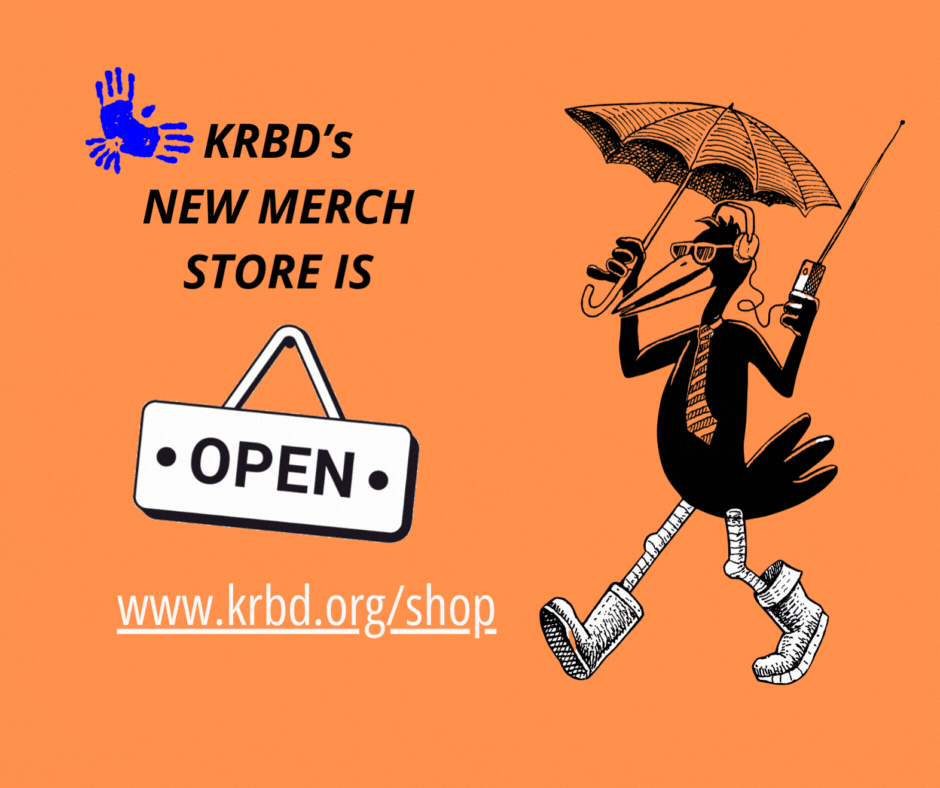
Last Friday the Ketchikan Chamber of Commerce hosted a meeting to discuss the future of the Alaska Marine Highway System in Southeast. Under Governor Mike Dunleavy, the ferry system faces big cuts.
Robert Venables is executive director of Southeast Conference. He led the discussion to figure out how to prevent ferry budget cuts from affecting the economy of nearby communities.
“So now they have almost half the budget with all the overhead, and the current contracts and the personnel and management of yesteryear,” said Venables. “Are we asking them to do the same thing the same way with half the money and give us better results?”
According to Venables, the budget is not only half the size of the past few years, but one-third the size in the budget’s history.
“There aren’t going to be any good choices for Southeast,” said Venables. “How do we manage the bad choices before us and pick the one that is the least damaging so we can survive and create better model[s] for moving forward and then thrive later? So what does the least damage and sets the stage for opportunities for the business community to partner and be part of the solution?”
One of Venables’ suggestions was not providing all of the services on the ferry, such as both the cafeteria and the restaurant, in order to conserve money to travel to more areas. He said they’ve been working with some of the smaller communities around Juneau on options for critical basic transportation to meet essential needs.
“And they can go without constant service, but where’s that break point to where Angoon, who doesn’t have an airport, has to fly in milk on a float plane and then it becomes $13 a gallon,” Venables. “That was a very real concern last year when they went six to eight weeks without ferry service.”
Representative Dan Ortiz attended the meeting. He stressed that this isn’t just an issue for Southeast, but for all of Coastal Alaska. He said 617 people from across the state called the capitol and expressed support of the Marine Highway. That’s the most calls they’ve ever gotten on a single issue.
Frank Murkowski was a U.S. senator from Alaska from 1981 until 2002, and the eighth governor of Alaska from 2002 until 2006. During his administration, he established the Marine Transportation Advisory Board. He says to look at the ferry system’s history.
“As a consequence, that’s my specific recommendation,” said Murkowski. “That you address a regional solution and justify it by what the service was designed to do—and it was designed for the roadless community.”
City of Ketchikan Mayor Bob Sivertsen compared the current ferry budget to previous budgets. He said the current budget resembles the 1967 budget. Therefore, the current Marine Highway System should look similar to the 1967 highway system.
“What you do is start with three boats, seven ports a call—Rupert to Skagway—and then you use actual data, ridership finances, to figure out how to grow it from there and figure out what needs to be added back,” said Sivertsen.
Venables proposed a hypothetical question for meeting attendees to keep in mind.
“At the end of the day, we have to find out what are the things that are the most meaningful to the traveling public and to our communities,” said Venables. “And so, those are some of the challenges. And we can’t wait until October to say ‘you know what, here’s some of the recommendations you could have done in July that would have saved you $20 million dollars.”
A Marine Highway meeting is planned for fall. It has been scheduled yet. Scheduling will take place three weeks after Governor Dunleavy finalizes the budget.








